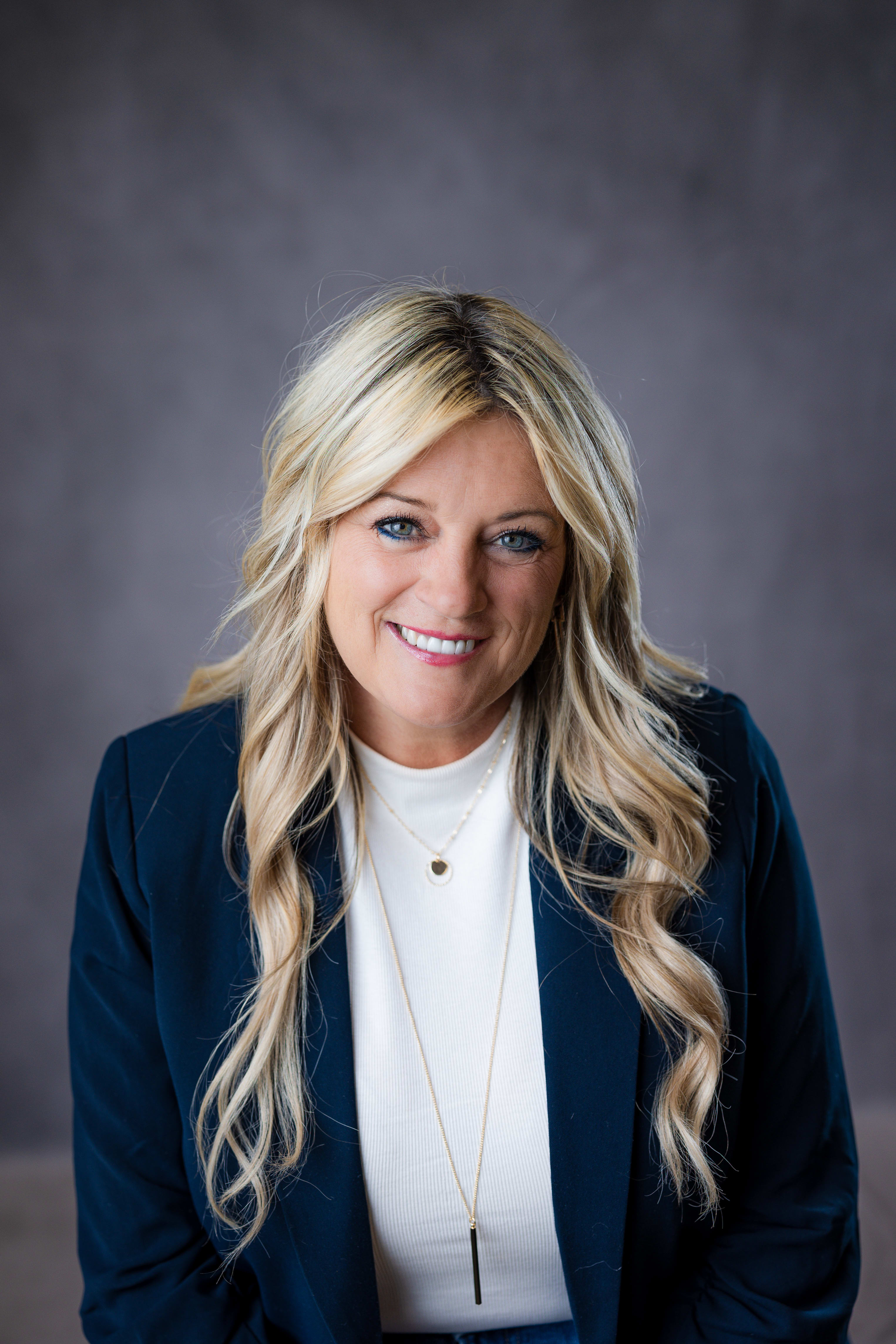The American Dental Hygienists’ Association (ADHA) is raising serious concerns following the enactment of H.R. 1 (P.L. 119-21), warning that the legislation may lead to the reduction or elimination of adult dental benefits under Medicaid programs nationwide.
According to the ADHA, the new law includes provisions that introduce work requirements and limit state financing tools for Medicaid. These changes could result in a reduction in federal support for state Medicaid programs. Because adult dental benefits are optional and not mandated under federal law, ADHA says these services may be among the first to be cut.
“ADHA expresses serious concern that the recently enacted H.R. 1 (P.L. 119-21) could result in significant reduction or elimination of adult dental benefits under Medicaid, which are currently optional at the state level,” says Lancette VanGuilder, BS, RDH, PHEDH, CEAS, FADHA, president of the ADHA, in a statement issued by the association on July 11, 2025, posted to its website. ADHA is also sharing the statement through all of its social media channels.
VanGuilder explains that the financial changes contained in the law may force states to reconsider their budgets and prioritize federally mandated services over optional ones like adult dental care.
“Provisions within the bill — such as new work requirements and restrictions on state financing tools — introduce significant reductions to federal Medicaid support. These changes may force states to reassess Medicaid budgets, prioritizing mandatory benefits over optional services like adult dental care,” she says.
The ADHA is particularly concerned about the effects this will have on millions of adults who rely solely on Medicaid for oral health care. The association warns that any loss or reduction in dental coverage could result in more untreated oral disease, higher demand on emergency departments, and delayed diagnosis of systemic health issues often identified during dental exams.
“Millions of adults depend on Medicaid as their only source of oral health care. Loss or reductions in these benefits could result in increased rates of untreated oral disease, greater strain on emergency departments, delayed diagnosis of systemic conditions often identified during oral health examinations, and serious long-term health and economic consequences for individuals and communities,” VanGuilder says.
VanGuilder also emphasizes the role that dental hygienists play in serving these at-risk populations, particularly in public health settings, community clinics, and long-term care facilities.
“Dental hygienists are on the front lines of care in public health settings, clinics, and long-term care facilities, serving many of those in vulnerable populations who are most impacted by changes to Medicaid,” she says.
As ADHA president, VanGuilder, who is the owner of a mobile dental hygiene practice, brings nearly three decades of clinical, educational, and advocacy experience to her role. A graduate of the University of South Dakota, she has served in multiple leadership capacities at both state and national levels, including as past president of the Nevada Dental Hygienists’ Association and as a member of the ADHA Board of Directors. VanGuilder is a widely recognized educator, speaker, and clinical practitioner, and has been honored with several professional awards. Under VanGuilder’s leadership, the ADHA says it will continue to advocate for policies that preserve comprehensive Medicaid coverage and support the dental hygiene workforce.
“ADHA will continue to advocate for policies that prioritize access to care, maintain comprehensive coverage, and support the needs of the dental hygiene workforce and the communities we serve,” VanGuilder says.
The organization is calling on lawmakers to consider the full health consequences of altering Medicaid policy and to treat oral health as an essential part of health care.
“We urge lawmakers to consider the full public health implications of changes to Medicaid policy and to protect oral health access as an essential component of overall health care. ADHA encourages dental hygienists to continue to engage with their representatives on critical issues affecting oral health,” VanGuilder says.
According to the ADHA, oral health professionals and lawmakers alike must act quickly to prevent irreversible consequences that could follow the implementation of H.R. 1. The association encourages dental hygienists and other members of the dental team to stay informed and take part in advocacy efforts.
ADHA urges dental professionals to contact their legislators about the impact of H.R. 1 and to support the preservation of adult dental benefits under Medicaid. Updates, resources, and advocacy tools are available at the association’s website, adha.org.


